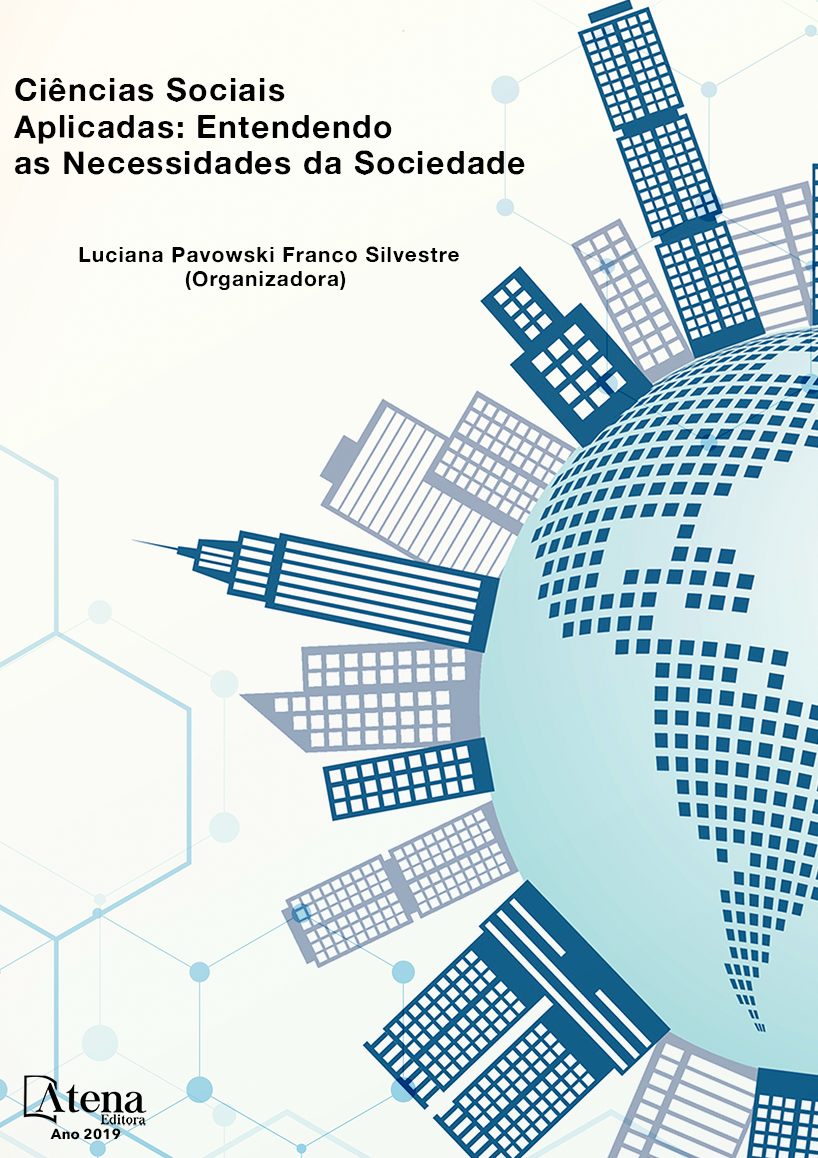
INVESTIGAÇÃO SOBRE A NATUREZA JURÍDICA DO TRANSPORTE DE PASSAGEIROS – UBER- E A CONSTITUCIONALIZAÇÃO DO DIREITO ADMINISTRATIVO BRASILEIRO
Cuida-se de artigo científico que
objetiva analisar o tipo de atividade econômica
desenvolvida pelo aplicativo Uber e a respectiva
natureza jurídica do transporte particular
individual remunerado de passageiros. A
questão passa por intenso debate doutrinário,
principalmente em virtude de uma suposta
influência classista, de representantes de
motoristas de táxi, que pressionaria o poder
legislativo municipal, com fins de promover o
monopólio econômico do setor em questão.
Para a pesquisa, utilizou-se o método dedutivo,
uma vez que o estudo tem gênese a partir do
composto jurídico em vigor, especialmente
da Constituição Federal de 1988, não
sendo dispensada, contudo, a observação
da legislação infraconstitucional que trata
do assunto. A pesquisa jurisprudencial foi
direcionada ao Supremo Tribunal Federal e ao
Tribunal de Justiça de São Paulo, o qual proferiu
decisão específica sobre o Uber. Por todo o
exposto, inferiu-se que o Uber é modalidade de
transporte particular de passageiros e que, ao
contrário dos táxis, não é serviço de utilidade
pública. Apesar de o Uber ser classificado como
atividade econômica em sentido estrito, não
há impedimento para que este seja submetido
a algum tipo de regulação por parte do poder
público, devendo ser observados, logicamente,
os direitos fundamentais do caso concreto.
INVESTIGAÇÃO SOBRE A NATUREZA JURÍDICA DO TRANSPORTE DE PASSAGEIROS – UBER- E A CONSTITUCIONALIZAÇÃO DO DIREITO ADMINISTRATIVO BRASILEIRO
-
DOI: 10.22533/at.ed.23819250626
-
Palavras-chave: aplicativo Uber; natureza jurídica; particular; público; táxis.
-
Keywords: Uber application; Legal nature; particular; public; Taxis.
-
Abstract:
This scientific article purposes to
analyze the type of economic activity developed
by the Uber application and the respective
legal nature of private individual remunerated
passenger transportation. The subject goes
through an intense doctrinal debate, mostly
due to a supposed class influence from the taxi
drivers’ representatives, that can pressure the
civic legislative power, directing to promote the
economic monopoly of this sector. This research
used to deductive method once the study
has source from the legal current compound,
particularly the Federal Constitution of 1988,
not being exempt, however, the observation od
the infra-constitutional legislation that reports
the subject. The jurisprudential examination
was directed to the Federal Supreme Court
and to the Court of Justice of São Paulo, which
made a specific decision on Uber. In view of
the foregoing, it has been inferred that Uber
is a private passenger of transport and that, in
contrary sense of taxis, is not a public utility service. Although Uber is classified as an
economic activity in the strict sense, it does not prevent it from being subject to some
type of regulation by the public power, reasonably making the fundamental rights of the
concrete case must be observed.
-
Número de páginas: 15
- Candida Joelma Leopoldino, Eduardo Stachera
- EDUARDO STACHERA


